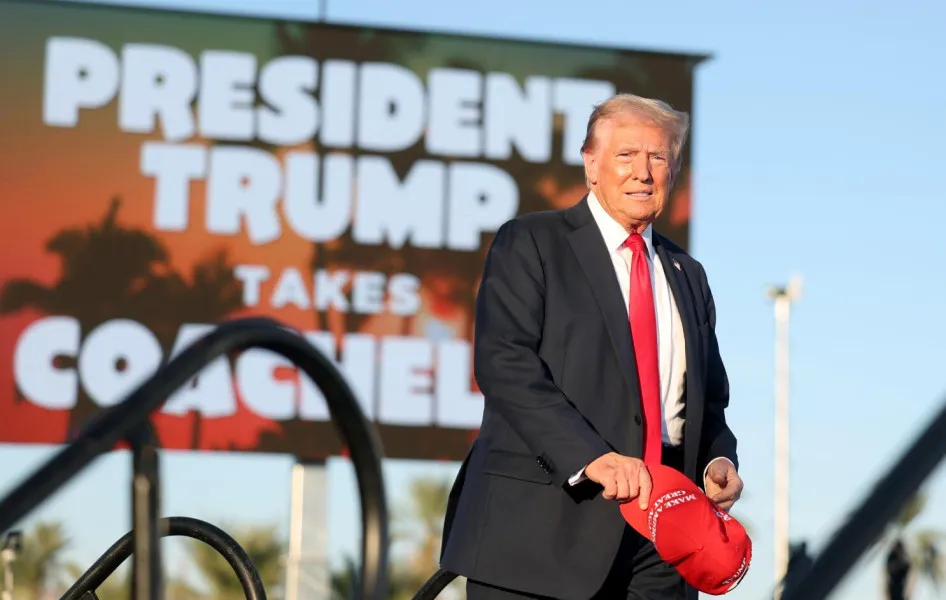As President Joe Biden embarks on a campaign trail across battleground states, he aims to shape the discourse against former President Donald Trump around economic populism—a strategy traditionally successful for Democrats. However, Biden faces a formidable opponent in Trump, whose policies garnered perceived personal benefits from a significant portion of the electorate.
Despite Biden’s portrayal of himself as a champion for ordinary Americans against entrenched interests, polls indicate that more Americans, including Black and Hispanic voters, believe they personally profited from Trump’s policies compared to Biden’s. This sentiment poses a challenge to Biden’s populist narrative, as voters may prioritize their perceived economic gains under Trump over broader populist arguments.
Biden’s case against Trump rests on a contrast between their policy priorities. Trump’s tenure was marked by tax cuts benefiting the wealthy, attempts to repeal the Affordable Care Act, and regulatory decisions favoring corporate interests. In contrast, Biden has pursued policies aimed at expanding health care coverage, lowering prescription drug prices, and boosting working-class employment through infrastructure investments and clean energy initiatives.
The Biden administration’s achievements include enacting Medicare negotiation for lower drug prices, expanding health care subsidies, and implementing a minimum tax for corporations. Additionally, infrastructure projects have created millions of blue-collar jobs, and Biden has supported workers’ rights by joining picket lines.
In his State of the Union address, Biden outlined further populist proposals, such as raising corporate taxes, imposing a minimum tax on billionaires, and expanding social programs like paid family leave and child care subsidies. Despite these initiatives, Biden faces skepticism due to persistent inflation and the perceived impact on families’ financial well-being.
Inflation has complicated Biden’s economic narrative, as rising prices have outpaced wage increases, leaving many feeling financially strained. Polls indicate that voters, including low-income and working-class individuals, trust Trump over Biden on economic issues, attributing their economic difficulties to Biden’s policies.
Democrats acknowledge the challenge but emphasize the public’s support for Biden’s agenda and opposition to Republican priorities. They aim to overcome economic concerns by highlighting the contrast in policy visions and stressing prospective priorities for a second term.
While Biden’s populist arguments have resonated with some voters, many still rate his economic performance negatively based on their lived experiences. To improve his electoral prospects, Biden needs to sustain positive economic trends and convince voters that his agenda will address their concerns better than Trump’s.
Despite Trump’s advantage on economic issues, Democrats believe other factors, such as democracy and social issues, will influence voters’ decisions. However, Biden’s ability to narrow the gap on the economy will be crucial for securing reelection in November.





